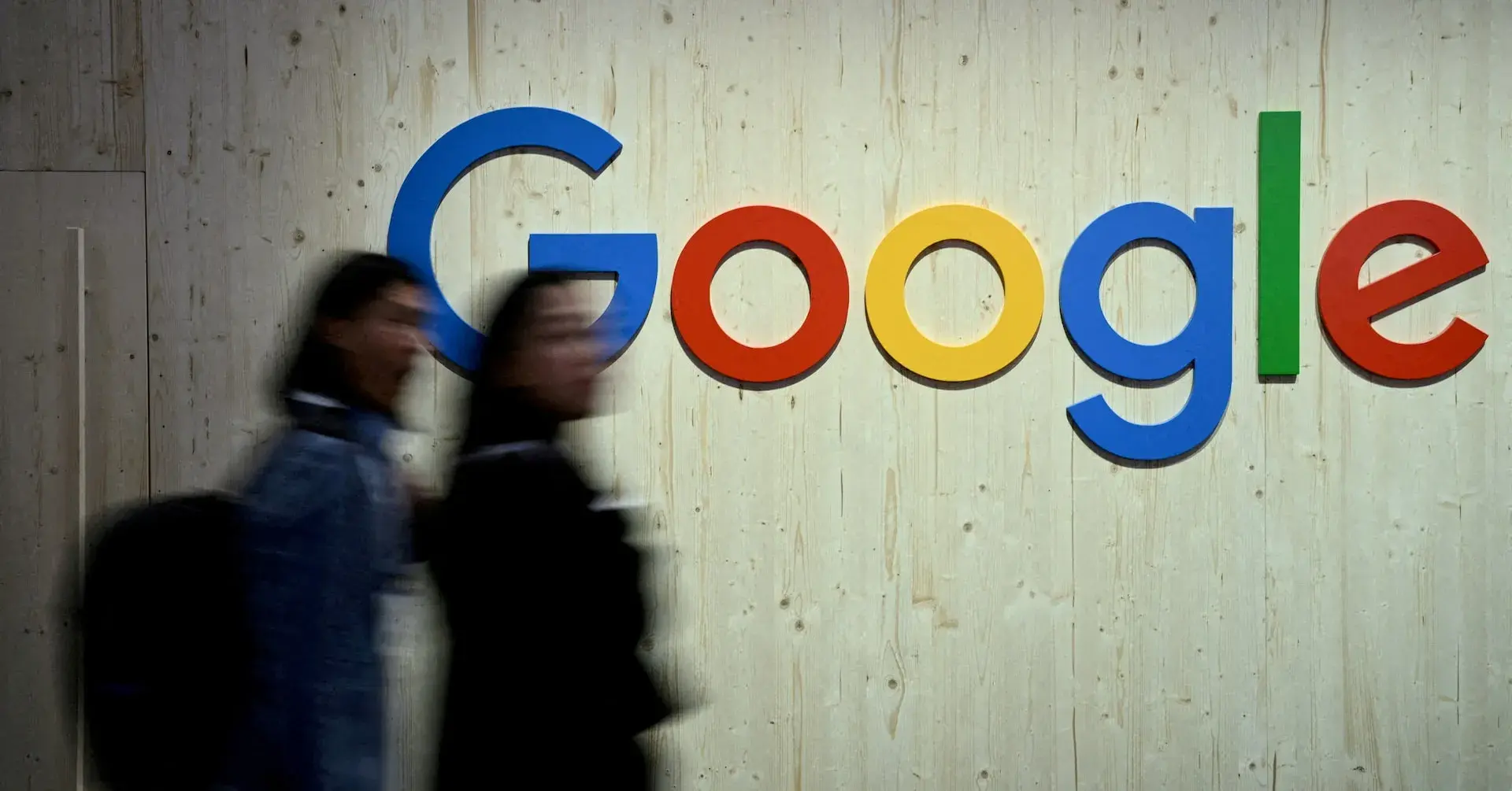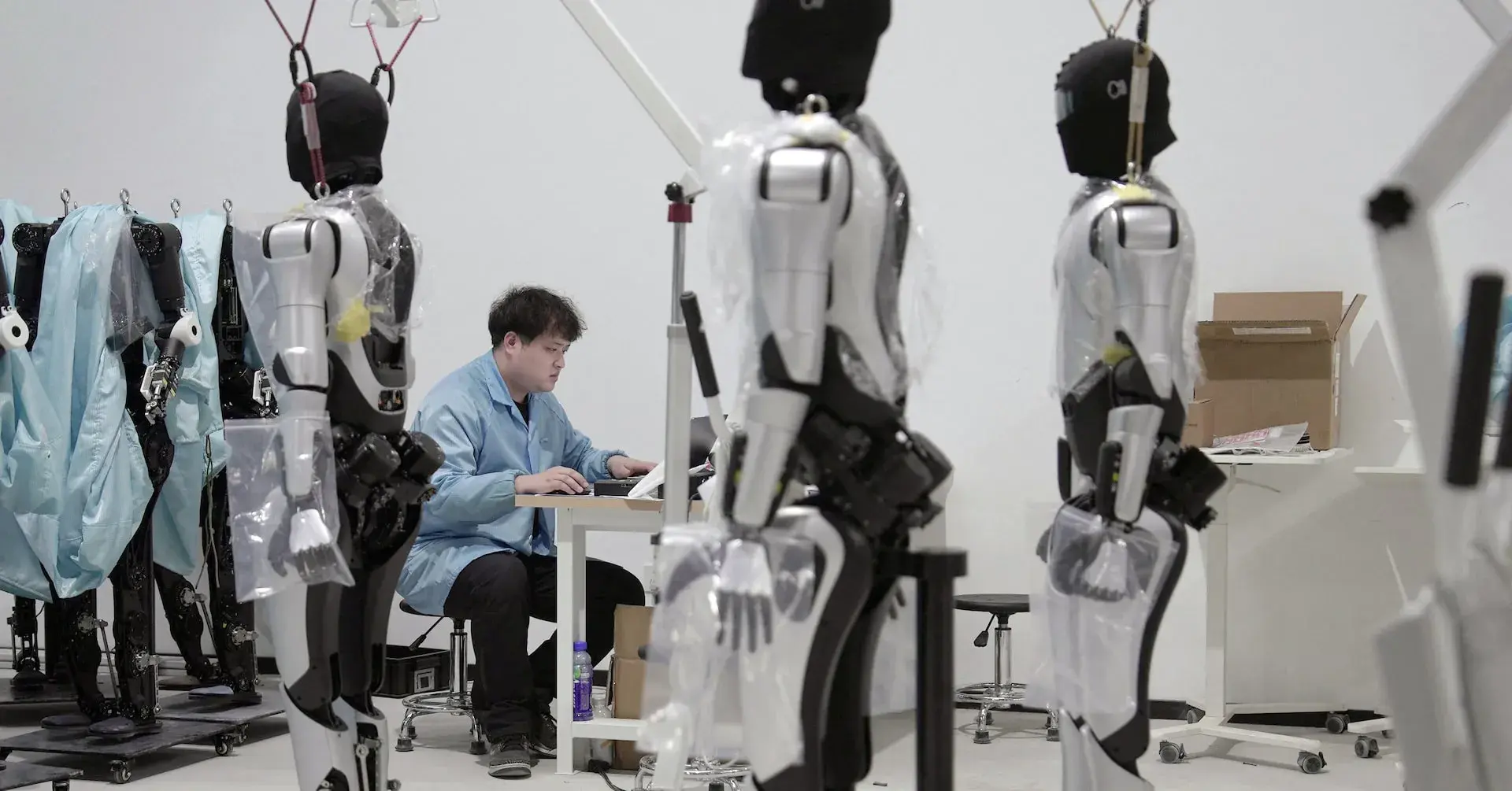Copyright law professors have voiced their support for authors in their legal battle against Meta. The core of the dispute revolves around allegations that Meta used copyrighted works to train its AI models without obtaining proper permissions. The professors submitted an amicus brief, essentially a 'friend of the court' filing, arguing that existing copyright laws should protect authors from having their work used in AI training datasets without consent. This intervention highlights the growing tension between AI development and intellectual property rights, potentially setting a precedent for future AI copyright cases.
The professors' brief could significantly influence the court's understanding of the complexities involved. They aim to clarify how current copyright legislation applies to the novel challenges presented by AI. This legal action is part of a broader debate on how to balance innovation in AI with the rights of content creators. The outcome of this case may force AI developers to rethink their data sourcing strategies, potentially leading to increased licensing agreements and new business models for content creators. Meta has yet to respond to the brief, but the company has previously stated that its use of data falls under fair use principles.
This case is being closely watched by both the tech and creative industries, as it could reshape the legal landscape for AI development and copyright. The court's decision will likely impact how AI companies approach data acquisition and how content creators protect their intellectual property in the age of artificial intelligence. The support from copyright law experts adds weight to the authors' claims and underscores the need for a clear legal framework governing the use of copyrighted material in AI training.
Related Articles

Alphabet and Nvidia Back SSI
Read more about Alphabet and Nvidia Back SSI →
AI News: Quick Takes
Read more about AI News: Quick Takes →
Alphabet's $75 Billion AI Investment
Read more about Alphabet's $75 Billion AI Investment →
Humanoid Robot Half Marathon Delayed
Read more about Humanoid Robot Half Marathon Delayed →
